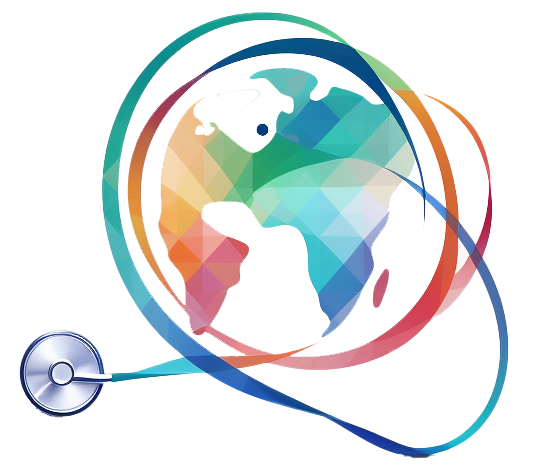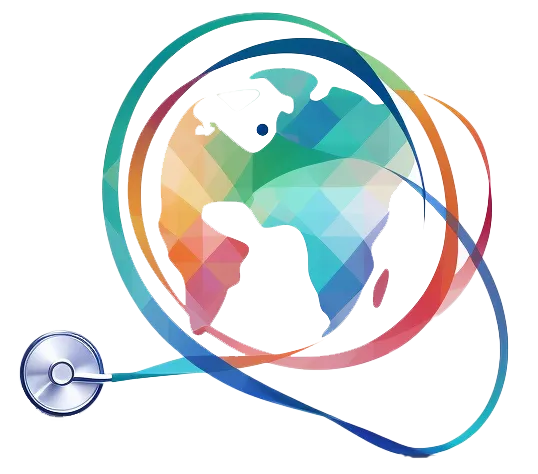“Frontiers of Healing: Breakthrough Medical Innovations Transforming Care” is a comprehensive exploration into the cutting-edge advancements in medical science and technology that are reshaping healthcare as we know it. This book delves into the revolutionary developments that promise to enhance the efficacy of treatments, improve patient outcomes, and potentially cure diseases that were once considered incurable, offering readers a glimpse into the future of medicine.
Introduction: The New Era of Medicine
The Evolution of Medical Innovations
An overview of how medical innovations have historically altered the landscape of healthcare, setting the stage for the current and forthcoming breakthroughs.
The Convergence of Disciplines
Examining the interdisciplinary approach to medical innovation, where fields such as biotechnology, nanotechnology, and information technology merge to push the boundaries of healthcare.
Genomics and Personalized Medicine
Decoding the Human Genome
Exploring the impact of the Human Genome Project and subsequent genomic research on personalized medicine, enabling treatments tailored to individual genetic profiles.
Gene Therapy and Editing
Delving into the advancements in gene therapy and CRISPR-Cas9 gene editing, discussing their potential to correct genetic disorders at the source.
Regenerative Medicine and Stem Cells
The Promise of Stem Cell Therapy
Investigating the use of stem cells in regenerating damaged tissues and organs, offering new hope for patients with degenerative diseases.
Organ Bioengineering and 3D Printing
Showcasing the progress in bioengineering organs using 3D bioprinting technology, which could alleviate the organ transplantation crisis.
Digital Health and AI Integration
Telemedicine and Remote Monitoring
Highlighting the rise of telemedicine and remote patient monitoring, which have expanded access to healthcare and personalized patient care.
Artificial Intelligence in Diagnosis and Treatment
Examining how AI and machine learning algorithms are being used to enhance diagnostic accuracy, predict patient outcomes, and optimize treatment plans.
Immunotherapy and Vaccines
Advances in Cancer Immunotherapy
Exploring innovative immunotherapy treatments that harness the body’s immune system to fight cancer more effectively and with fewer side effects than traditional therapies.
Rapid Vaccine Development
Reflecting on the accelerated development of vaccines, as evidenced during the COVID-19 pandemic, and its implications for future responses to infectious disease outbreaks.
Nanomedicine and Targeted Drug Delivery
The Role of Nanoparticles
Investigating how nanoparticles are used in targeted drug delivery systems to improve the precision and efficacy of treatments, minimizing side effects.
Smart Pills and Diagnostic Nanobots
Introducing ingestible smart pills and diagnostic nanobots that can provide real-time monitoring of internal health conditions and targeted therapy.
Neurotechnology and Brain-Computer Interfaces
Understanding the Brain
Discussing breakthroughs in neurotechnology that provide deeper insights into brain function and offer novel treatments for neurological disorders.
Brain-Computer Interfaces
Showcasing advancements in brain-computer interfaces (BCIs) that enable communication and control of external devices, offering newfound independence to individuals with severe motor impairments.
Global Health Initiatives
Eradicating Infectious Diseases
Detailing global health initiatives aimed at eradicating infectious diseases, emphasizing the role of innovation in vaccine distribution and disease surveillance.
Addressing Health Disparities
Exploring how medical innovations are being leveraged to address global health disparities and ensure equitable access to healthcare resources.
Ethical Considerations and Future Challenges
Navigating Ethical Frontiers
Contemplating the ethical considerations surrounding emerging medical technologies, including privacy concerns, bioethics, and equitable access.
The Road Ahead
Speculating on the future challenges and opportunities in medical innovation, emphasizing the need for ethical stewardship, interdisciplinary collaboration, and sustainable healthcare models.
Conclusion: A Vision of Hope
“Frontiers of Healing” concludes by reaffirming the transformative potential of medical innovations to redefine healthcare. It calls for a collective commitment to fostering these advancements while navigating their ethical implications responsibly, ensuring that the future of medicine not only promises remarkable technological feats but also prioritizes compassion, equity, and the holistic well-being of individuals and communities worldwide.

